InNoWest – Just do it! Sustainable and Digital Together in North-West Brandenburg
The joint project "InNoWest – Just do it! Sustainable and Digital Together in North-West Brandenburg" aims at innovations in North-West Brandenburg and brings together two major transformation challenges: sustainable development and digitalisation. The network supports the sustainable development of the region with transfer projects around the topics of "user-centred digitalisation", "sustainable transformation" and "shaping society".
Background & Goals
The three partners are the University for Sustainable Development Eberswalde (HNEE), the University of Applied Sciences Potsdam (FHP) and the Brandenburg University of Technology (THB). Together with regional actors from politics, administration, municipalities, small and medium-sized enterprises and civil society, the partners design and implement transfer projects for the region. InNoWest understands transfer as a mutual exchange in which the participants from practice and science bring together their strengths and resources in order to jointly develop solutions for concrete questions. This creates essential impulses for shaping regional transformation processes in a sustainable and digital way.
The transfer region is located in eastern Germany between the metropolises of Berlin and Hamburg. It is part of a heterogeneously structured metropolitan area and clearly reflects the diversity of the Berlin-Brandenburg metropolitan region, its opportunities and risks, as well as the area of tension between urban centres and peripheral rural areas. In addition, it is characterised by structural breaks in the course of German unification. The network builds on the transformation experiences made in the process.
The goals of InNoWest are:
- The transfer alliance implements concrete transfer projects in North-West Brandenburg that contribute to improving the regional quality of life and sustainability.
- The transfer alliance builds up and expands structures for transfer in areas in North-West Brandenburg that are remote from universities. It also strengthens the culture of innovation and transfer locally by supporting regional learning processes and making the knowledge gained from the transfer projects publicly accessible and usable.
- The transfer alliance strengthens communication between universities and society and thus contributes to regional educational processes.
- The alliance further develops the joint transfer strategy and transfer structures of the universities and gradually aligns them with the needs and potentials of the region. Furthermore, it improves the recognition of and incentives for transfer activities at the alliance universities.
Fields of innovation
Transfer projects are developed and implemented in three fields of innovation. Each university is in charge of one of the three fields:
User-centred digitisation (THB)
Together with municipalities and their stakeholders, an innovation team identifies concrete needs for digitisation processes, supports the development of concepts and solutions and implements them in a context-specific manner. Digitisation is not only seen as a technical-operational adaptation process, but also as a strategic process that is shaped politically and socially and aligned with sustainability goals.
Climate-friendly conversion (HNEE)
The aim is to activate and secure vacant buildings for the future in order to contribute to meeting the demand for housing. The innovation team develops concepts for their conversion using regionally harvested timber from sustainable forestry and intelligently networked building technology. Here, the regionally anchored tradition of "conversion culture timber construction" can be taken up by reviving it and increasing the innovative power of craft enterprises and sawmills through technology transfer.
Education for sustainable development and participation (FHP)
At the centre of this field of innovation is the empowerment of citizens to help shape sustainable and digital transformation processes, so that they do not feel passively "at the mercy" of social and technological developments, but on the contrary use them to develop economic, technical and social innovations. Approaches to this are offered by education for sustainable development and participation. Here, citizens and scientists jointly develop and test co-creative solutions for sustainability processes.
Contact InNoWest at the FHP
Our contact persons are available for further information on the university network and the individual projects as well as for those interested in cooperation.
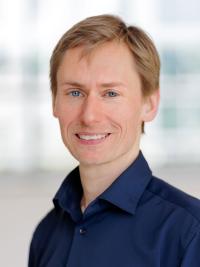
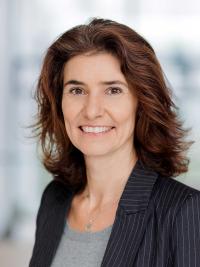

Spokespersons of the sub-projects
Prof. Dr. Antje Michel is the spokesperson for sub-project 3 "Knowledge transfer and regional learning processes"
Prof. Dr. Armin Schachameier is the spokesperson for sub-project 6 "Education for sustainable development and participation"
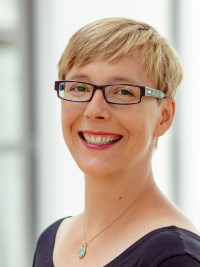
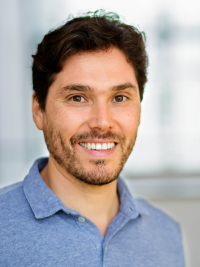
Project management
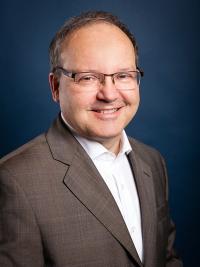
Contact InNoWest at the universities of applied sciences
Contact persons at the InNoWest universities will also be happy to provide you with further information.
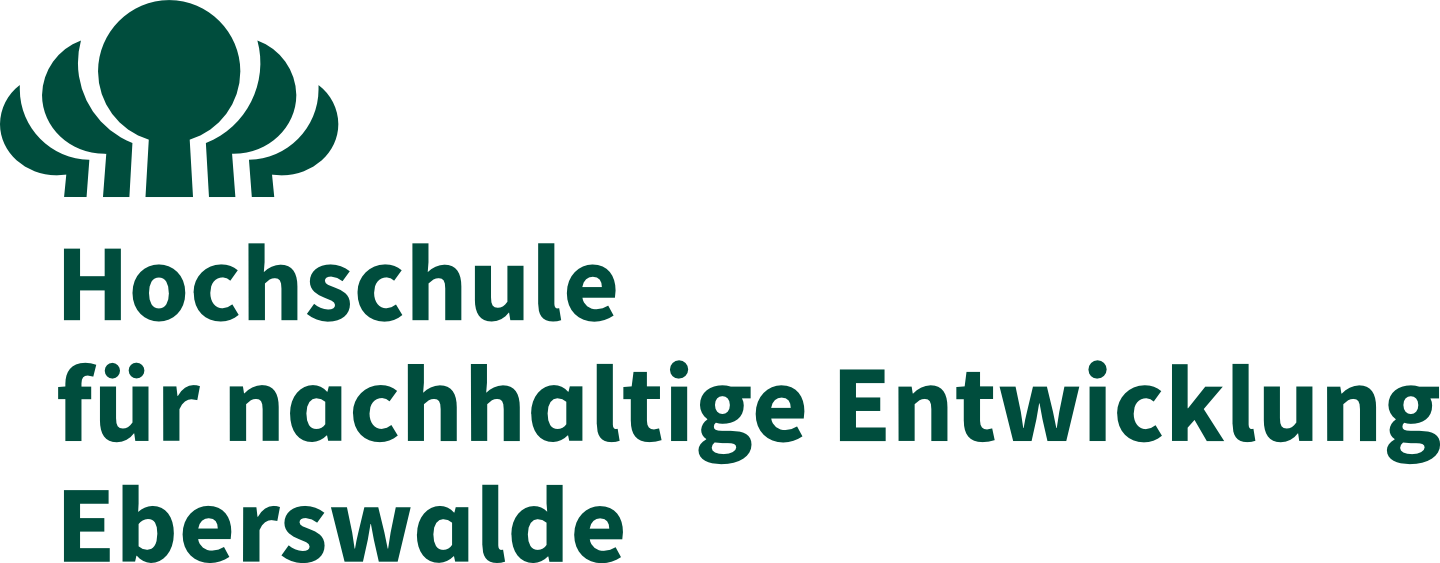
University for Sustainable Development Eberswalde
Kerstin Lehmann
Head of InnoSupport Research | Foundation | Transfer, HNE Eberswalde
kerstin.lehmann@hnee.de
+49 3334 657 114
Benjamin Nölting
Head of Research Centre [Sustainability - Transformation - Transfer], HNE Eberswalde
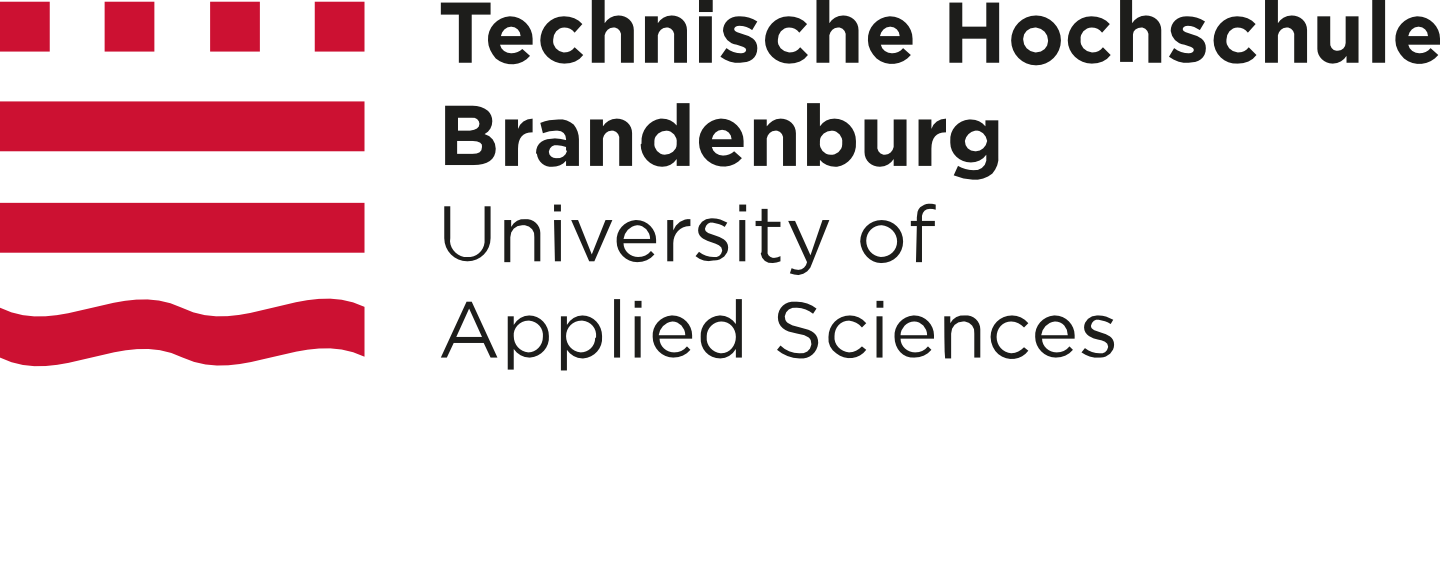
University of Technology Brandenburg
Diana Rosenthal
Head of Centre for Foundation and Transfer, TH Brandenburg